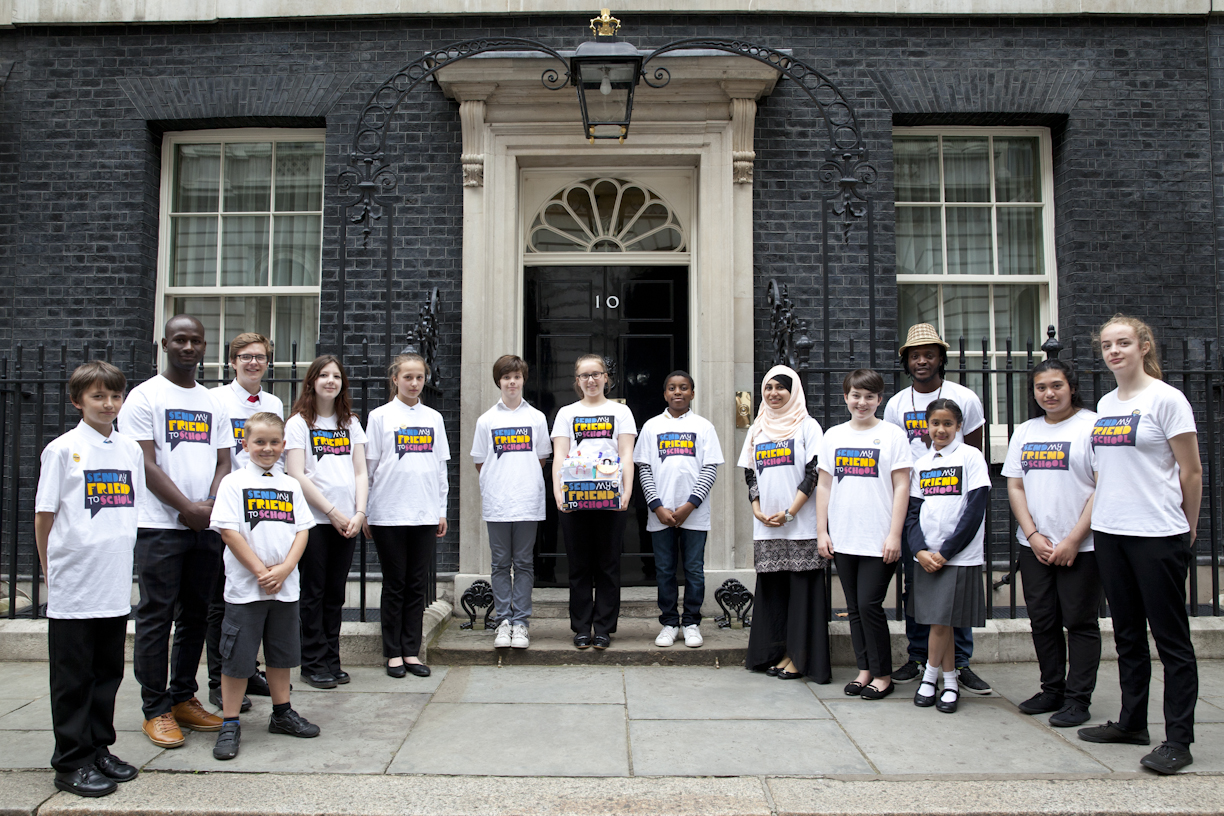Today the Send My Friend to School coalition released the following statement:
UK based non-government organisations working on education globally have serious concerns at reports that Secretary of State for International Development, the Rt Hon Penny Mordaunt MP, raised the possibility of the UK withdrawing support for UNESCO.
UNESCO has formal responsibility for education in the 2030 Agenda which is a priority for the Department for International Development and the UK.
Chris Weavers, the chair of the umbrella body for UK-based organisations working on education globally, Send My Friend to School, said “we recognise that the world isn’t on track to deliver Sustainable Development Goal (SDG) 4 which commits to ensuring inclusive and equitable quality education and lifelong learning opportunities for all. As the lead for SDG 4, UNESCO could undoubtedly do more to support SDG 4 review and implementation, but pulling the rug out from underneath it, isn’t the answer.”
“In fact the UK must have a seat at the table and lean in to shape and develop UNESCO’s vital work, especially as we enter the decade of delivery for the SDGs” said Mr Weavers.
UNESCO’s priorities align with the UK’s and more will be achieved by working together than going it alone.
Next week the 2019 Global Education Monitoring Report will be launched in London. The report will focus on education and displacement a key concern for the UK, which is a leading donor of education for refugee children around the world.
More generally the UK’s support for improved development data underscores the need for it to sustain its support for the vital work done by UNESCO’s Education Monitoring Report and Institute of Statistics. That is why the announcement by the Secretary of State at the United Nations General Assembly in September, of an additional £7.8 million to the GEM report and UNESCO’s Institute of Statistics, was welcomed by the coalition.
Next year, UNESCO will host an International Forum on Inclusion and Equity in Education, marking a key moment to capitalise on UNESCO’s convening power to ensure no one is left behind in the delivery of SDG 4. This will be an important forum for DFID, given its commitment to children with disabilities, as outlined in its 2018 Education Policy and reiterated by its co-hosting of the Global Disability Summit earlier this year.
The UK has been a member of UNESCO for its entire 70-year history, hosting the conference that gave rise to the body in 1945. This long history has seen the UK solidify its reputation as a leader in education, both domestically and through its international development work. Send My Friend to School celebrates this legacy and the UK’s role on the global stage, recognising that we will need both strong leadership and multilateralism to ensure that the 262 million children and young people who remain out-of-school finally get a quality education.


 Send My Friend to School brings together thousands of children across the UK to speak up for the right to education.
Send My Friend to School brings together thousands of children across the UK to speak up for the right to education.